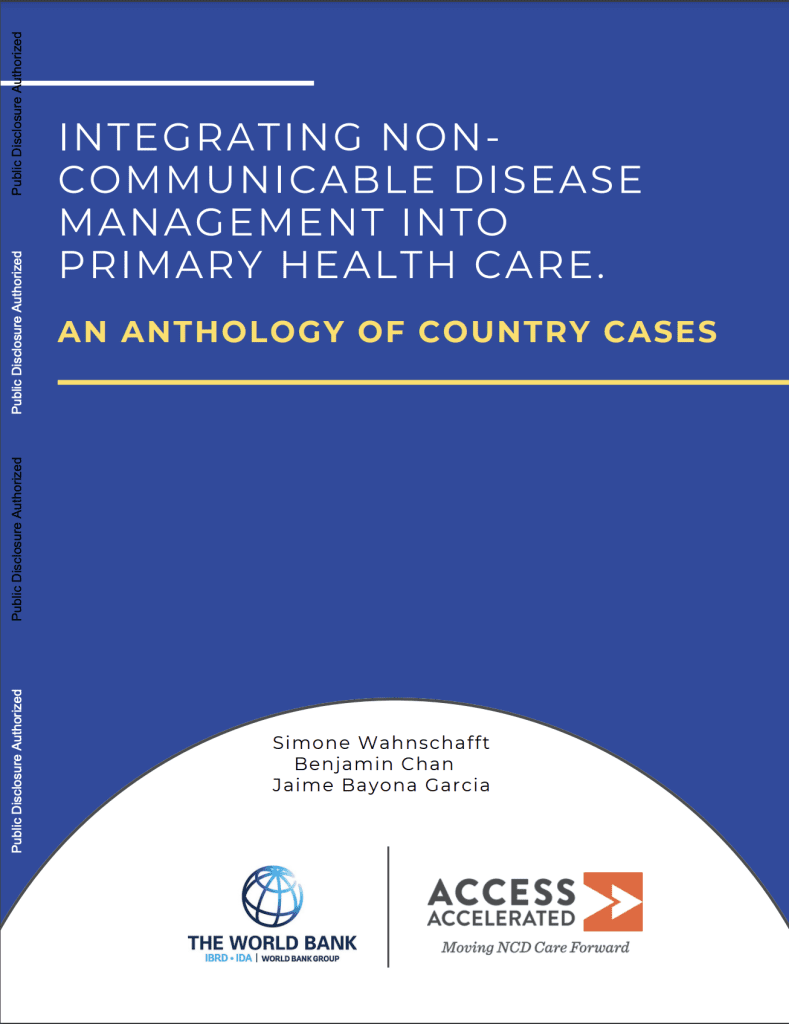
Public health experts have outlined strategic interventions to reduce the burden and fatality rate of non-communicable diseases in Nigeria, calling for an urgent multi-sectoral approach and policy reforms.
They emphasised the importance of prevention, lifestyle modifications, and improved access to primary healthcare as key tools to tackle the rising threat of conditions such as hypertension, diabetes, cancer, and cardiovascular diseases.
The experts made the call at a one-day capacity-building workshop for journalists organised by the Brand Journalists Association of Nigeria at the weekend. The event had “Rethinking the NCDs Crisis: Having a Holistic Approach to the Debate in Nigeria” as its theme.
They also raised fresh concerns over the rising threat of NCDs in Nigeria, warning that related deaths could escalate if urgent preventive actions are not taken.
The experts said conditions such as hypertension, diabetes, cancers, stroke, and chronic respiratory diseases are claiming more Nigerian lives, as poor lifestyle habits, among other factors, continue to fuel the burden.
Speaking at the event, a public health expert, Dr. Ajibola Arewa, stressed that without strengthened policies and an evidence-based approach, the country could face a major health crisis in the coming years.
Arewa, while citing data from the World Health Organisation, noted that NCDs accounted for 24 percent of total deaths in Nigeria in 2011, rising to 29 percent in 2021—an increase of over 21 percent within just nine years.
“This increase may continue shortly if certain factors are not addressed. NCDs are not caused by a single issue; they are the result of multiple factors, including poor lifestyle choices, unhealthy diets, weak environmental standards, and a health system strained by a doctor-patient ratio of 1 to 5,000, far below the WHO-recommended 1 to 600,” he said in his In his keynote lecture titled ‘Understanding the Many Factors Behind NCDs’.
The expert urged the government and critical stakeholders to implement proper policies to tackle the menace, stressing that responses such as the taxation of sugar-sweetened beverages, without going for more harmful products, will not address the root causes of the NCDs burden in Nigeria.
“The point is that non-communicable diseases in Nigeria are not solely caused by sugar intake. They are caused by other factors such as lifestyle—our food choices, physical inactivity, and genetic factors. Taxing sugar-sweetened beverages is not the ultimate solution. Targeting only sugary and processed foods, without taxing other harmful products such as cigarettes, won’t solve the problem of non-communicable diseases,” Arewa said.
He urged the government to prioritise a multi-sectoral approach and implement relevant policies to tackle the burden.
“Taxing sugar alone is a malicious and oversimplified response. Sugar itself is not the enemy; overconsumption and lack of regulation are. What we need is public education, proper food labelling, and access to healthier alternatives.
“What will solve the problem is for the government to put effective policies in place. The existing policies should be enforced and extended to cover other products and risk factors, so that non-communicable diseases can be reduced,” he said.
Arewa urged the government to strengthen existing health policies and ensure full integration of NCD services into primary healthcare systems across the country.
He advocated for increased public education, community-based interventions, and robust health insurance coverage to reduce out-of-pocket expenses, adding that failure to act swiftly could overwhelm Nigeria’s healthcare system and reverse progress made in other areas of public health.
“If policies are not fully implemented, our tertiary hospitals will be overwhelmed. And not only that, integrating non-communicable disease care into primary healthcare will become difficult, leading to higher out-of-pocket costs.
“The financial burden will rise if the government fails to fully implement healthcare policies in Nigeria. The policies that are supposed to be optimised and executed are not being fully implemented. If these policies are put into action, there will be adequate infrastructure, better access to care, and an increase in the number of doctors to patients. When all these elements are properly addressed, they can collectively help in solving this health crisis,” the public health expert added.
Corroborating Arewa on the need for policy implementation, a public health consultant, Dr. Yvonne Olaloku, clarified that policies must be backed by rigorous research to ensure effectiveness and equity.
“Health policies must be informed by reliable data so that they address the real problems, target the right populations, and are implemented without discrimination. We also need strong collaboration between researchers, policymakers, healthcare providers, and civil society. Without proper research, policy formulation, implementation, and evaluation become guesswork,” she said.
Meanwhile, a retired Chief Medical Officer, Dr. Godswill Iboma, highlighted smoking, physical inactivity, alcohol abuse, high salt intake, and air pollution as key risk factors for NCDs.
“Lifestyle and environment are the biggest drivers of NCDs. If we can change how people eat, move, work, and live, we will see dramatic reductions in preventable diseases. You can’t change your genes. You may not be able to change much of your environment. But you can change your lifestyle,” he said.
In his welcome address, the BJAN President, Mr. Daniel Obi, stressed the critical role of journalists in public health reporting.
He said, “Our impact is greatest when we lend our voices to issues that touch lives, and health is one of the most important. We urge organisations to invest in media training and equip journalists with the tools to report health issues accurately, sensitively, and responsibly.”
Provided by SyndiGate Media Inc. (Syndigate.info).
Komentar
Posting Komentar